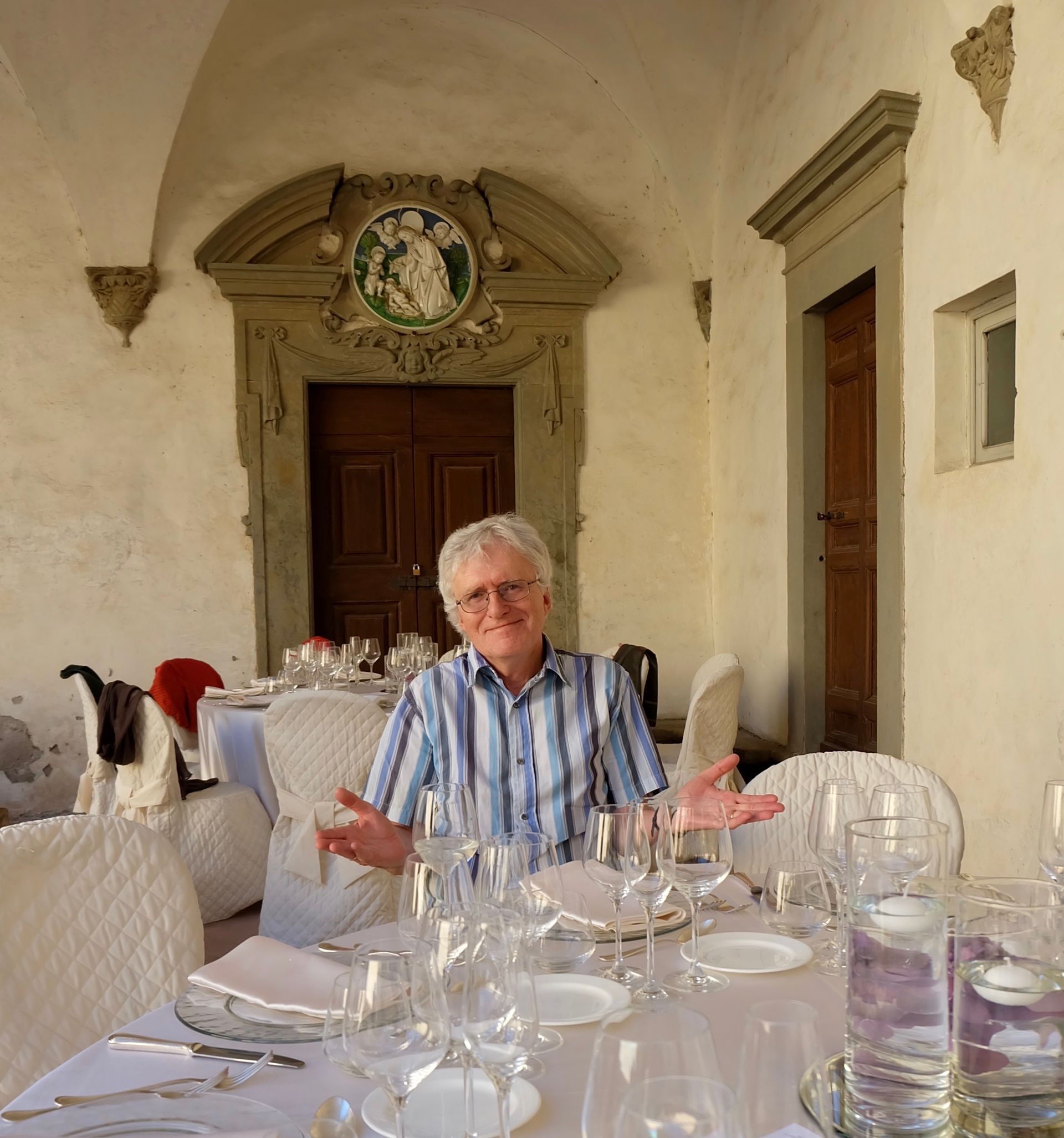Translating globalized popular culture
Brigid Maher writes ...
Translating cultural references can be very tricky, but some cultural references have an international reach, and the internet is making the translator’s – and perhaps also the reader’s – work easier, though also a little fragmented at times. I wrote recently about some difficulties that came up when translating snippets from Drive In , an Italian commercial television show of the mid-1980s that, according to Nicola Lagioia in Riportando tutto a casa , marked a decisive (and lamentable) change in the country’s television culture. As I work my way through the translation of this novel, set in Bari in the eighties, more and more references to popular culture are appearing. Many are far less culture-specific than Drive In though, belonging instead to a kind of shared youth culture of the West.
I’ve so far come upon references to several Marvel comics of the period, the board games ‘Risk’ and ‘Operation’, Morten Harket (of Norwegian band A-ha), Intellivision video games, pop songs and films that were the talk of the town in this or that distant summer, TV shows and movies about reptile invaders and zombies, and Michael Jackson’s ‘Thriller’.
Back-translating from the American via Italian.
“E adesso… Adesso vado a farmi il mondo!” in the (Italian) novel. “You know what I wanna do? Strut.” in the original American film. Working that out took quite a bit of legwork on this translator’s part!
Most days I wonder how anybody translated anything before the advent of Wikipedia. Did authors include fewer explicit references to popular culture back in the ‘olden days’ (as opposed to literary allusions, which of course have been around forever)? Or were such references simply more easily lost on readers (including translators) from other cultures or from subsequent generations, as the referent went out of fashion, leaving little record of its passing (whereas nowadays, nostalgics upload even the most banal material onto the internet for posterity)? I don’t know, but it does seem possible that before television and mass communication, there was not the same incessant ‘pioggia di messaggi’, as Lagioia calls it, filling people’s lives and memories with slogans, jingles and created images.
Either way, the shared, globalized nature of much popular culture is convenient for my readers, who, provided they’re from the right generation, will be able to recognize many of these international references. And if not, they can always google them, can’t they?
I have yet to enter the world of the e-reader but I gather these now have more and more options for looking up words and other references as you read, in the form of wiki links and the like. Perhaps we will soon be reading as active participants in a kind of web of information, where we can chase up, on the spot , anything that sparks our curiosity, without having to get up and consult a dictionary, computer or other device, because the book itself will be part of a live network. I’m not sure how I feel about this. It could certainly be useful, but I can see myself becoming a bit distracted as I leap from one tangent to the next. This is what has always happens to me with print dictionaries – I go to look up one word and end up serendipitously finding several more among its neighbours (a bit like what happens when you go to the supermarket hungry, and end up buying far more than you need… and language lovers are always hungry for new words and new ways of expressing themselves).
That’s certainly how I translate, always leaping from one site to the next. Dictionaries – monolingual, bilingual and of synonyms – are still indispensible, but so is the internet (actually, most of my dictionaries are themselves also on the internet). I don’t think I could translate without it. For almost any cultural reference that comes up, I can easily find explanations on Wikipedia, images on Google, and clips on Youtube. If only I had consulted Youtube instead of flicking through the entire 90 minutes of Staying Alive on DVD, reaching the relevant scene – John Travolta’s immortal tight-jeaned strut through Times Square – only in the final moments! This kind of research is essential, but it doesn’t always feel like time well-spent…
Share this:
- Share on Tumblr
- </div></li><li class="share-end"/><li class="share-reddit"><div class="reddit_button"><iframe src="https://www.reddit.com/static/button/button1.html?newwindow=true&width=120&url=https%3A%2F%2Facis.org.au%2F2012%2F12%2F13%2Ftranslating-globalized-popular-culture%2F&title=Translating%20globalized%20popular%20culture" height="22" width="120" scrolling="no" frameborder="0"/></div></li><li class="share-end"/></ul></div></div></div></div></div> <div id="jp-relatedposts" class="jp-relatedposts"> <h3 class="jp-relatedposts-headline"><em>Related</em></h3> </div></div> </div>








